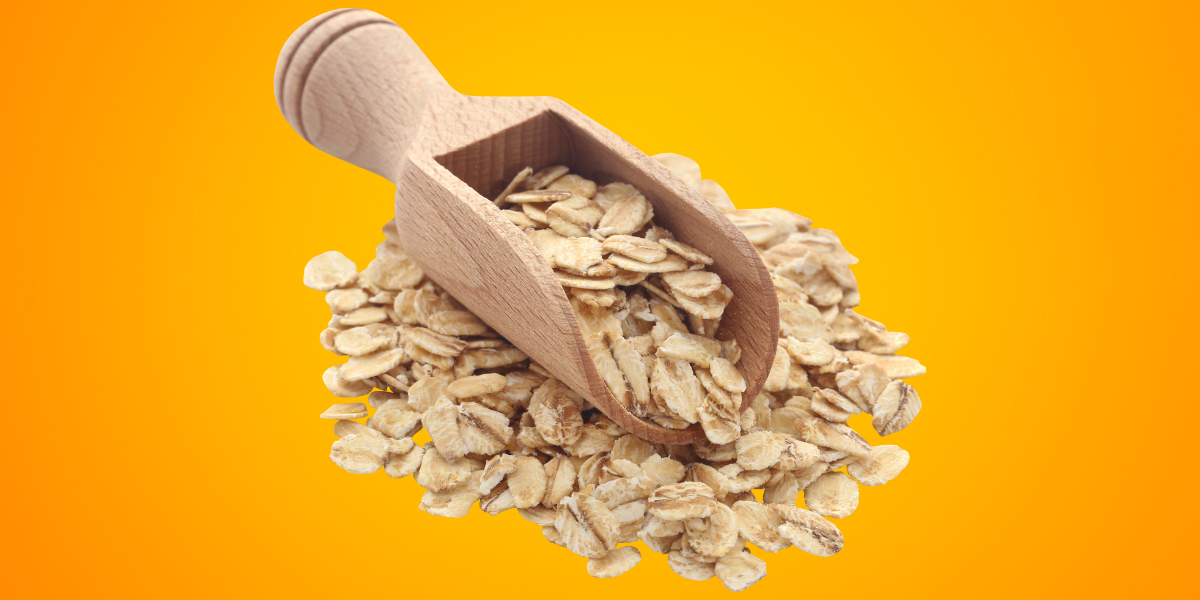
Oat Milk, Almond Milk: Which is best?
You are probably here because you have heard a lot about how great oat milk tastes and all its health benefits. Or, maybe you have seen it pop up in your local cafe, restaurant, or grocery store.
Oat milk offers an incredible variety in terms of its nutritional value and application in plant-based diets. It's super tasty, but it doesn't have to be the only ingredient in your vegan milk.
For an even richer array of nutrients and benefits, plant-based milks that feature oats and other plant-based ingredients can offer the best taste and experience.
One Good Mylk combines oats with cashews and millets, while Nourish You makes a Millet Mlk with oats, ragi, jowar, amaranth, and bajra.
In this blog post, we'll talk about why adding oats into your milk and diet can be super advantageous!
Oat Nutrition: The Healthier Choice
Oats are a gluten-free whole grain that contain vitamins and minerals such as manganese, phosphorus, magnesium, copper, iron, zinc, calcium, folate, potassium, niacin (b3), pyridoxine (B6), thiamin (B1), pantothenic acid (B5) and more!
When it comes to oat milk nutrition, oat milk is a naturally healthy alternative to cow’s milk. Plus, it’s usually fortified, meaning it will contain even more essential nutrients per serving to support your bone health, immunity, and overall wellness.
Compared to other popular milks like almond milk, oat milk usually has a higher protein content, making it more ideal for athletes. It also has a more balanced fat profile, which is beneficial for your heart –especially when compared to cow’s milk.
Calories in Oat Milk
Another advantage of oat milk is its moderate calorie content. It contains fewer calories than other vegan milks without sacrificing on a satisfying, creamy texture for your chai, coffee, smoothies, and more.
Compared to cow’s milk, it also contains less calories, which is great for anyone looking to manage their weight.
One cup of whole cow’s milk contains about 150 calories, while one cup of unsweetened oat milk contains about 120 calories.
Sugar in Oat Milk
The sugar content in oat milk depends on the brand and whether it’s sweetened or unsweetened. However, oats are naturally sweet, which makes them a great base for any dairy-free option.
If you are diabetic or looking to avoid excessive sugar intake, consider choosing unsweetened versions.
Our Millet Mlk (with oats) and Mylk contain NO added sugars and are safe for consumers who need to limit their sugar intake.
Oat milk Sustainability
According to the University of Oxford, oat milk production produces three times less greenhouse gas per litre than dairy milk.
Additionally, it requires much less water than cow’s milk. One litre of oat milk requires 48 litres of water, while cow’s milk requires 628 litres of water per litre.
Overall, oats are great for sustainability because they require much less resources like land and water, plus they can be grown in a variety of climates to promote more eco-friendly agricultural practices.
Oats provide a notably lower environmental footprint than that of dairy and many other plant-based milks, which is why oat milk and vegan milks with oats are the best choice.
Oat Milk vs Almond Milk
Comparing oat milk and almond milk can be challenging given the numerous brands that sell these products.
Each type of milk offers unique benefits: oat milk typically contains more protein and fibre, while almond milk typically contains fewer calories and carbohydrates.
The choice between them comes down to your personal preferences, availability, and price.
Deciding on a plant-based milk doesn't have to stop at these two options. Blends that incorporate oats improve the taste, cost-effectiveness and sustainability. For example, our Millet Mlk combines the richness of cashews with the creaminess of oats and the nutritional benefits of millets for a great, balanced taste.
Above all, any plant-based milk is better than dairy-based milk!
Nourish You Millet Mlk: The Super Mlk
Our own brand offers a unique blend of oats, bajra, ragi, jowar, and amaranth.
Each serving contains calcium, vitamin D, vitamin B1, vitamin B2, and vitamin B12 (which is especially important for vegetarians and vegans to consume.)
You can think about our milk as 5 milks in 1–oat milk, ragi milk, jowar milk, bajra milk, and amaranth milk all in one.
The benefits don’t stop there. Each ingredient is grown locally across India and without the use of any pesticides–making it one of the few vegan milks with this feature.
Plus, it tastes delicious.
Conclusion
Choosing a vegan milk is getting harder and harder.
But you don’t have to choose a single-ingredient milk to get the job done.
Try our Millet Mlk (oats, bajra, ragi, jowar, and amaranth blend) and our Mylk (oats, cashews, and millets) for all the variety, taste, and nutrition in one choice!


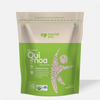
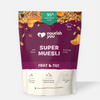
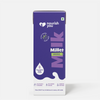
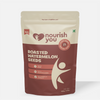
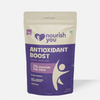
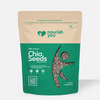
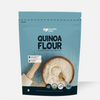
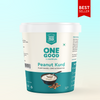
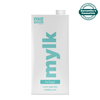
Leave a comment